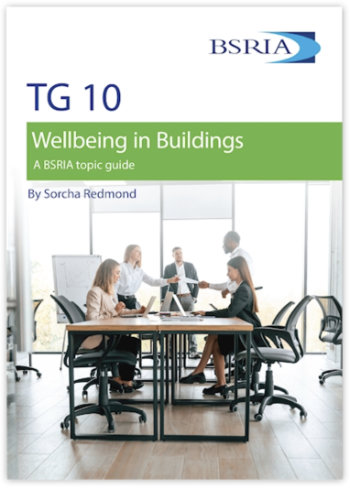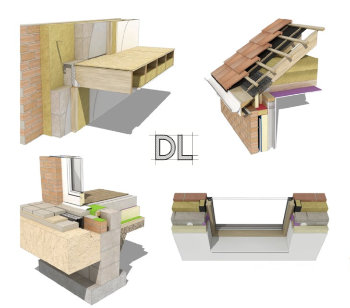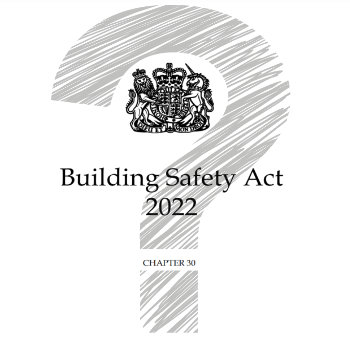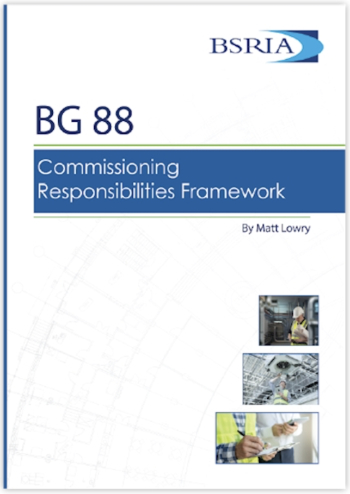Goldacre (offices) vs Nortel Networks UK Limited (in administration) 2009
Contents |
[edit] Introduction
Goldacre (Offices) Limited (the Landlord) applied to the court for clarification as to whether the rent due under a lease between the Landlord and the company in administration (the Tenant) should be treated as an expense of the administration.
Part of the premises in question had, since the date of administration, been used for the more efficient conduct of the administration, whilst the remaining parts had been occupied by sub-tenants who continued to pay rent which was paid on to the Landlord.
[edit] The Ruling
The High Court decided that if a company in administration uses leasehold property for the benefit of its creditors, any rent that falls due during the period of use automatically ranks as an expense of the administration under Rule 2.67 (1) (a) of the Insolvency Rules 1986.
It was decided that if the rent was not an expenses under Rule 2.67 (1) (a) then it was one of the necessary disbursements of the administration of the Tenant as per Rule 2.67(1)(f) of the Insolvency Rules.
Furthermore The High Court held that the full amount of rent that had fallen due since the date of the Tenant’s administration, was payable as an expense and not just that proportion of the rent that applied to the part of the premises occupied by the Tenant.
Before Goldacre, the treatment of rent in administrations was assessed by the balancing exercise established in the case of AIB Capital Markets Plc & Anor v Atlantic Computer Systems Plc & Ors [1990] EWCA Civ 2 (better known as the Atlantic Computers case). Atlantic Computer’s approach followed the pre-Enterprise Act, 2003 regime under which the treatment of rent was to balance the prejudice to the landlord in being denied the benefit of his property against the benefit to the creditors of the insolvent company arising from the continued use of the property.
In Goldacre, it was held that it was not bound to follow Atlantic Computers in relation to the ranking of the rent because there was no equivalent to Rule 2.67 under the pre-Enterprise Act Administration Regime. Consequently the reasoning in Atlantic Computers was not applicable to Goldacre.
What Goldacre established was that there is no question of balancing the interests of landlord against the interest of the creditors as a whole in determining rents payable in administrations. The matter is decided by a simple question as to whether the company in administration uses the leasehold premises for the benefit of its creditors. It must be noted however that Goldacre has not changed the principles set out in Atlantic Computers as applied to applications to lift a moratorium.
[edit] Implications for Administrators
This ruling will certainly alter the relationship between administrators and landlords. In many cases the administrator will now have to assume that they will have to provide for the full amount of rent that falls due whilst the company continues to use the premises. However, the rent will not become automatically payable by the tenant just because it enters an administration.
Two criteria will need to be met before rent becomes payable as follows:
- Use for the benefit of creditors: Firstly, the company in administration must use the premises for the 'benefit of creditors' (although the definition of this term is open to interpretation). In this case, partial occupation of the premises was held to constitute a use.
- Payment in the period of use: The second criteria is that the rent falls due for payment in the period in which the company uses the premises for the benefit of its creditors.
Arising from this decision are the following key facts:
- Where rent falls due for payment before the company in administration begins to use the premises for the benefit of its creditors, it will not rank as an expense even if it relates to the period in which the company occupies the premises.
- Where rent falls due in the period during which the company uses the property for the benefit of its creditors, the full amount of rent will be payable irrespective of what proportion of the premises are occupied by the company in administration.
Thus, payment dates in leases will increasingly determine the timescale for administrations because administrators are now likely to plan administrations to take effect immediately after the rent falls due under a lease to get around this.
[edit] Implications for Landlords
Landlords can expect to be paid in full for rent that falls due whilst the company in administration uses leasehold premises for the benefit of its creditors.
Landlords are likely to be able to claim the full amount of rent payable irrespective of the length of the period occupied if the rent is payable in advance.
Following Goldacre, where the company in administration occupies only a proportion of premises, the landlord may still be able to claim the full rent. However, it should be noted that the High Court’s decision in Goldacre was based on the fact that the Landlord’s surveyor had demonstrated that the premises were not capable of being sub-divided and re-let as a whole as long as the administrators remained in occupation of that small part.
Consequently where the unoccupied parts of premises are capable of being sub-divided and let separately, a court may hold that partial rent is payable only.
And in accordance with the Insolvency Rules, administrators will not be obliged to discharge any rent deemed to be payable unless and until they have sufficient assets to do so.
Landlords may well also try to claim other sums under the lease which are defined to be payable as rent, such as insurance premiums.
[edit] Related articles on Designing Buildings Wiki
- Break clauses in leases.
- Commonhold.
- Dilapidations.
- Dilapidations protocol.
- Leasehold enfranchisement.
- Leaseholder.
- Lease negotiations.
- Rent-free period.
- Rent review.
- Sample retail lease.
- Scott schedule.
- Supersession.
- VAT.
[edit] External references
- BAILII, The decision in full.
Featured articles and news
Wellbeing in Buildings TG 10/2025
BSRIA topic guide updates.
With brief background and WELL v2™.
From studies, to books to a new project, with founder Emma Walshaw.
Types of drawings for building design
Still one of the most popular articles the A-Z of drawings.
Who, or What Does the Building Safety Act Apply To?
From compliance to competence in brief.
The remarkable story of a Highland architect.
Commissioning Responsibilities Framework BG 88/2025
BSRIA guidance on establishing clear roles and responsibilities for commissioning tasks.
An architectural movement to love or hate.
Don’t take British stone for granted
It won’t survive on supplying the heritage sector alone.
The Constructing Excellence Value Toolkit
Driving value-based decision making in construction.
Meet CIOB event in Northern Ireland
Inspiring the next generation of construction talent.
Reasons for using MVHR systems
6 reasons for a whole-house approach to ventilation.
Supplementary Planning Documents, a reminder
As used by the City of London to introduce a Retrofit first policy.
The what, how, why and when of deposit return schemes
Circular economy steps for plastic bottles and cans in England and Northern Ireland draws.
Join forces and share Building Safety knowledge in 2025
Why and how to contribute to the Building Safety Wiki.
Reporting on Payment Practices and Performance Regs
Approved amendment coming into effect 1 March 2025.






















